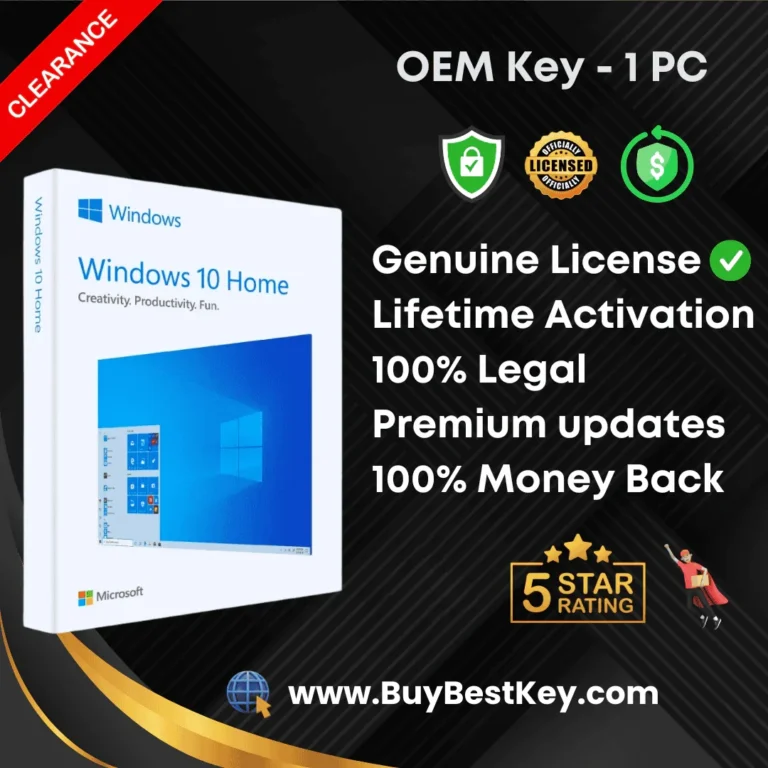
html
Windows Key: Essential Functions and Shortcuts for Efficient Navigation
The Windows key, often overlooked, is a powerful tool that can significantly enhance your productivity when using a Microsoft Windows operating system. Located between the Ctrl and Alt keys on most keyboards, this key provides quick access to numerous functions and shortcuts.
Basic Windows Key Functions
Keyword: Microsoft Windows key
Here are some fundamental functions triggered by the Windows key:
- Windows Key: Opens or closes the Start menu
- Windows Key + D: Shows or hides the desktop
- Windows Key + E: Opens File Explorer
- Windows Key + L: Locks your computer
- Windows Key + R: Opens the Run dialog box
Advanced Shortcuts for Power Users
For those looking to maximize efficiency, these advanced shortcuts can be game-changers:
- Windows Key + Tab: Opens Task View for virtual desktops
- Windows Key + Number (1-9): Opens the corresponding app on your taskbar
- Windows Key + Shift + S: Opens the Snipping Tool for screenshots
- Windows Key + . (period): Opens the emoji panel
- Windows Key + Ctrl + D: Creates a new virtual desktop
Navigation and Window Management
The Windows key excels at helping you manage multiple windows and navigate your system:
- Windows Key + Left/Right Arrow: Snaps window to left or right half of screen
- Windows Key + Up/Down Arrow: Maximizes or minimizes current window
- Windows Key + Home: Minimizes all windows except the active one
- Windows Key + Shift + Left/Right Arrow: Moves window between monitors
System and Accessibility Features
Access important system features quickly with these shortcuts:
- Windows Key + I: Opens Settings
- Windows Key + X: Opens the Quick Link menu
- Windows Key + U: Opens Ease of Access Center
- Windows Key + Ctrl + F: Opens Find Computers dialog
- Windows Key + P: Opens projection options
Mastering these Windows key shortcuts can save you countless hours over time. Start incorporating them into your daily workflow and watch your productivity soar. Remember that some shortcuts might vary slightly depending on your Windows version, but most will work across Windows 10 and 11.
Comments are closed